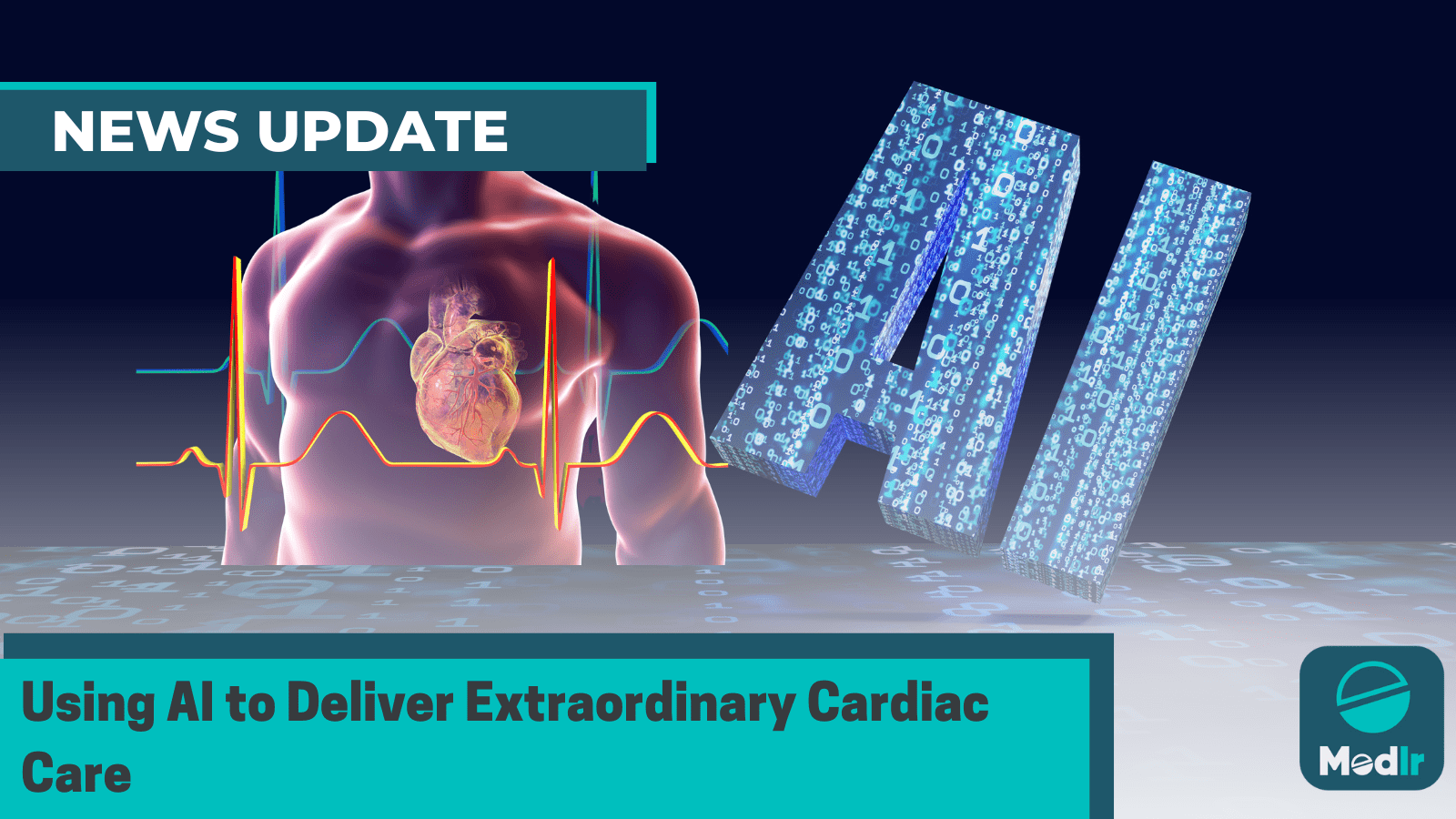Revolutionary advancements in healthcare are underway with the integration of Robotic Surgeries and Artificial Intelligence, delivering exceptional cardiac care and transforming surgical procedures.

The Indian Economy is currently experiencing buoyancy, with many sectors witnessing robust growth. Today, in the post-COVID-19 era, Information Technology, particularly new age technologies like AI and ML, has played a significant role in helping businesses recover their former glory. The healthcare sector holds a prominent position as the fastest-growing industry, leveraging technology to benefit the common man.
Start-ups have made significant contributions during COVID-19 by introducing medical devices such as ventilators, rapid antigen test kits, oxygen concentrators, and oximeters to effectively combat the pandemic. Among the notable technological advancements in the healthcare sector, robotic surgeries have taken center stage. According to reports, robotic surgeries experienced a remarkable 200 percent growth during COVID-19.
Dr. Sudhir Srivastava, renowned as one of the original pioneers of robotic cardiac surgery, said -
“One of the most positive impacts that the robotic system has provided for the patient is that this system has made surgeries less traumatic and more precise, among a host of other advantages that it brings to the table.”
Doctors can perform numerous intricate surgeries with precision, even in areas where human hands may encounter limitations. The improved 3D visualization allows the doctor operating the console to obtain an accurate and close-up view of the surgical field, enabling magnification and ultimately resulting in highly precise surgeries.
In contrast, patients undergoing robotic surgery experience reduced blood loss, shorter hospital stays, and faster recovery times compared to traditional and more invasive surgical approaches. They can regain their mobility and resume their normal activities at a much quicker pace.
In the broader context of technology, AI has made remarkable advancements in the healthcare sector, revolutionizing the field and introducing unprecedented tools for diagnosis, treatment, and patient care. AI technologies and interconnected devices enable the assimilation and analysis of vast amounts of data, remote patient monitoring, and targeted treatment delivery. According to statistics, the AI in healthcare market is projected to grow from USD 14.6 billion in 2023 to USD 102.7 billion by 2028.
The integration of AI has brought about a paradigm shift in cardiac diagnosis and the delivery of precise and timely care for individuals with cardiovascular disorders. AI-based applications have played a crucial role in advancing the understanding of various heart failures and congenital heart diseases, leading to the development of innovative treatment strategies for diverse cardiovascular conditions.
Additionally, Artificial Intelligence enables accurate prediction of cardiovascular outcomes, non-invasive diagnosis of coronary artery disease, and the ability to forecast outcomes for heart failure patients. The utilization of AI in robotic surgeries for cardiac care establishes a profound and intimate connection. Remarkably, according to data from the World Health Organization, cardiovascular diseases claim the lives of approximately 17.9 million individuals annually, accounting for 31 percent of global fatalities.
Heart attacks and strokes account for 85 percent of these fatalities, highlighting the urgent need for swift intervention, early detection, and proactive prevention to mitigate mortality risks. Precision devices, particularly Robotics with AI, excel at fulfilling this crucial requirement. AI also plays a vital role in the pathological diagnosis of heart conditions.
At Stanford University, a team of researchers has leveraged AI to diagnose cardiac issues by developing an algorithm capable of analyzing echocardiograms to evaluate the heart's blood pumping rate, akin to a cardiologist's assessment. This breakthrough enables rapid identification of cardiac problems, providing a comprehensive understanding of the intricacies within the human heart.
Moreover, certain algorithms can predict a patient's cardiac history and distinguish between arrhythmia (including abnormal and skipped heartbeats) and a normal heart rhythm. This distinction aids in predicting the risk of developing chronic heart failure. Furthermore, AI facilitates a ten-year risk assessment of cardiac diseases by analyzing factors such as blood pressure and pulse, empowering patients to be proactive about their future health.
A recent study involving 859 patients demonstrated that the algorithm's risk assessment was as accurate as conclusions drawn by cardiologists in a clinical setting.
The combination of a robotic arm and Artificial Intelligence has the potential to empower computer systems to make autonomous decisions in the operating room, building upon the proven track record of Robotics in delivering flawless surgeries. AI has already showcased its immense value in healthcare diagnostics and patient monitoring. By integrating Artificial Intelligence and Robotics, the medical field can take a significant leap forward in providing exceptional surgical procedures to patients, benefiting both surgeons and individuals undergoing surgery.
This integration enables a synergy that brings together the strengths of both technologies, creating a logical progression in the realm of robotic surgical procedures. Additionally, incorporating AI into Robotic Surgical systems ensures that a larger number of medical professionals have access to valuable learning opportunities, supporting the growth of expertise in performing surgeries.
The amalgamation of Robotic Surgeries and Artificial Intelligence represents a revolutionary advancement in healthcare, ushering in a new era of surgical procedures and patient care. Dr Srivastava concluded -
“Given the potential AI has and what it can do in healthcare, the technology is growing in leaps and bounds so much so that every single calendar day calls for AI appreciation”.